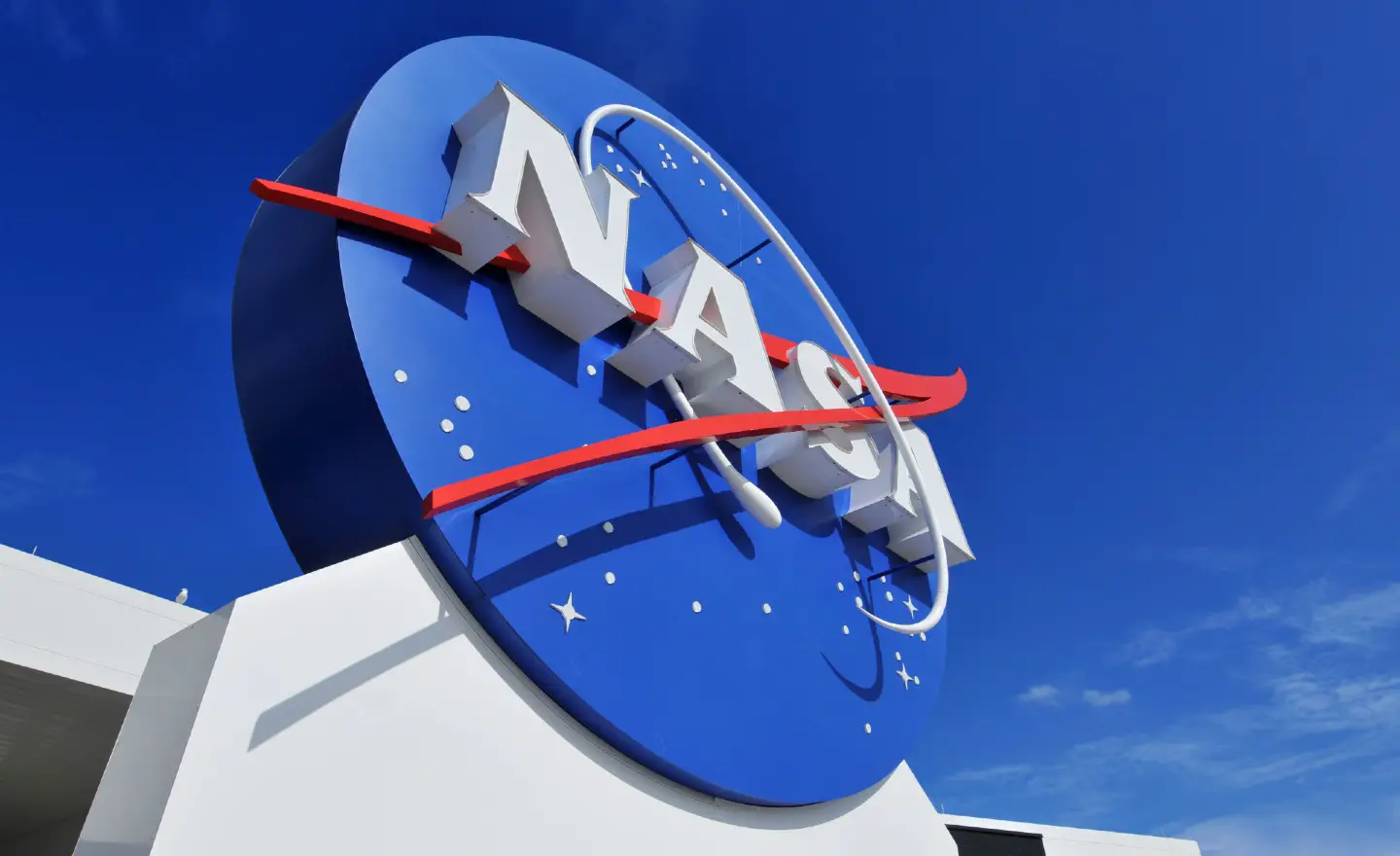Due to issues with test equipment and the amount of time needed to finish software testing, NASA announced Friday that a billion-dollar mission to launch an innovative probe into orbit — around a metal-rich asteroid resembling the core of an early planet — would likely not launch until at least next summer. The cost-capped Discovery-class Psyche mission may be canceled depending on the findings of an independent investigation, budgetary implications, and other aspects.
NASA science head Thomas Zurbuchen tweeted, “NASA takes the cost and schedule obligations of its missions and programs extremely seriously. In the framework of the Discovery Program, “We are investigating alternatives for the Psyche mission, and a decision on the course of action will be taken in the coming months.” The peculiar metal-rich asteroid that mimics the exposed core of an early planet is the focus of the Psyche expedition.
According to NASA, the Psyche mission presents an important chance to learn more about one of the early solar system’s fundamental components. Psyche was supposed to be launched by NASA on August 1 in order to take advantage of a planetary launch window created by Earth’s orbit around the sun and the target asteroid’s orbit between Mars and Jupiter.
However, due to compatibility concerns with a “testbed” simulator that simulates the functioning of the real spacecraft, mission management was obliged to push out launch on a SpaceX Falcon Heavy rocket until no early than Sept. 20 in May. The simulator, built using parts from the Jet Propulsion Laboratory and Maxar Technologies, which donated the spacecraft chassis, electric thrusters, and other significant components, is required in part to test the probe’s intricate guidance, navigation, and control, or GN&C, software.
The simulator is now functioning correctly, but the internal JPL software was delivered later than anticipated, making it impossible for engineers to adequately test it with the now-functioning simulator before the launch window shuts down on October 11. According to Lindy Elkins-Tanton, the lead researcher at Arizona State University, “we have no inherent faults in the design or the capabilities of the spacecraft to complete the intended mission.” “In actuality, we are aware of no issues with the GN&C software. We’ve just been unable to test it.
“As a result, we now own a stunning, useful spacecraft. It is prepared and constructed. But… we simply ran out of time to test and evaluate the functioning of the GN&C software and the fault prevention, as well as to address any problems we discovered.” The agency will commission an independent assessment, according to Lori Glaze, director of planetary science at NASA Headquarters, to ascertain the root cause of the testbed issues and software development roadblocks and to evaluate plans for launch during windows in 2023 and 2024.
Before choosing whether to go on with the project or call it off, NASA administrators will weigh the additional expenses of the delay, the recommendations of the project officials, and the review board’s findings.
The independent assessment’s findings and the project’s proposed recommendations will also be considered in this continuation-termination process, according to Glaze. And in making that evaluation, “the consequences for Psyche, for the Discovery Program, and for the planetary portfolio will be taken into consideration,” The stand-down will also halt two NASA “smallsats” that are riding on the Falcon Heavy for autonomous missions that will take them past two additional asteroids, as well as testing of high-speed laser communications equipment on Psyche.
NASA said in a press statement that it will be delaying the launch: “$985 million is the overall life-cycle mission cost of Psyche, including the rocket. To yet, $717 million of it has been spent. Calculations are now being made to determine the expected expenses associated with supporting each of the mission alternatives.”
The spacecraft would have arrived to Psyche in 2026 for a launch in 2022. Arrivals in 2029 and 2030, respectively, would occur from launches in 2023 or 2024. Next July, the 2023 window will open. The spacecraft will launch on a robust Falcon Heavy rocket whenever it lifts off and perform a gravity assist flyby of Mars to increase its speed and set it on route for Psyche.
The spacecraft’s flight computer depends on the guidance, navigation, and control software to determine the exact position of the Earth, the spacecraft, as well as the trajectory and orientation of the spacecraft. To guarantee that the spacecraft can successfully reach Psyche, Laurie Leshin, director of JPL, emphasized that the software for that system “really needs to be extensively validated.”
“The time required to finish the testing and validation is the problem; the software has already been supplied. “We had some difficulties getting the very complicated guidance, navigation, and control testing system up and running. Also now repaired is that. However, we don’t think we have enough time to do this crucial software testing and validation in order to launch in 2022.”
Source: CBS News

